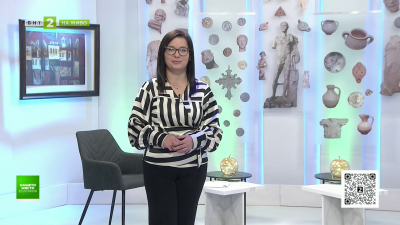Bulgaria’s President vetoed the Corporate Income Tax Act
Bulgaria’s President Rumen Radev vetoed the Corporate Income Tax Act by disagreeing with the provisions on:

Bulgaria’s President Rumen Radev on 13th of November vetoed the Corporate Income Tax Act by disagreeing with the provisions on:
- Motor vehicle tax, which will not encourage the replacement of older cars with new ones, nor will it achieve the desired environmental impact. The state of the vehicles in one country is a projection of the standard of living and an indicator of the existing social breakdowns therein. The adopted rules will put the tax burden on low and middle-income citizens as well as on small and medium-sized businesses. No account is taken of how often the vehicles are used, the presence of catalysts or the type of fuel. There is no guarantee that the collected funds from this tax will be spent for environmental purposes.
- The postponement of the reform of the municipal waste tax was done without any motivation. According to the head of state, it is not fair that the deadlines for citizens and business are always mandatory, regardless of their readiness, and that the deadlines for the state cannot be postponed without motives. This is particularly unacceptable when extending the application of constitutionally intolerable regulations - the household waste tax continues to be determined according to the tax assessment of the property and not according to the amount of waste.
- The introduction of higher tax rates for properties in populated areas from the List of resorts in Bulgaria, depending on the use of the property. The President refers to the consistent practice of the Constitutional Court for determining the amount of property taxes.
- The amendments to the Customs Act, introduced and adopted after the first reading, are outside the scope of the Law on Amendments and Additions to the Corporate Income Tax Act. With them, the transformation of customs into territorial directorates is presented as closure, which leads to the termination of the employement relations with employees. Constitutionally unacceptable is also the envisaged termination without notice at the discretion of the Director of the Customs Agency, of the relations with senior civil servants. This eliminates the stability, which is the basic principle of the civil service, and the dismissed are deprived of court defense.
Get the latest news wherever you are!
Follow us on
Facebook
and
Instagram
Follow BNT’s YouTube channel
You can now also watch us on
TikTok
Find us on
Google News























